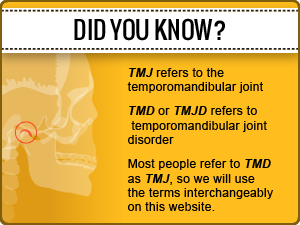A new article in September 2017 Neurology looked at sleep architecture as a predictor of new onset dementia. (abstract below). Previous studies have indicated Delta Sleep reduction increases risk of dementia while this current study looks at reduction in REM Sleep.
Sleep Apnea, Hypopnea and UARS are most likely to affect Delta Slow Wave Sleep and REM Sleep.
Based on this current study it would seem wise to aggressively treat sleep disordered breathing especially if you have other family members with dementia.
The majority (90%) of patients prefer oral appliances over CPAP when offered a choice. Patients only offered CPAP only see compliance in 23-45% of patients with 60% abandoning treating.
It is encumbent on all those involved in treatment of sleep disorders to look not just at AHI but also Sleep Architecture. Patients treated with CPAP and who are not compliant should be offered oral appliances.
Neurology. 2017 Sep 19;89(12):1244-1250. doi: 10.1212/WNL.0000000000004373. Epub 2017 Aug 23.
Sleep architecture and the risk of incident dementia in the community.
Pase MP1, Himali JJ2, Grima NA2, Beiser AS2, Satizabal CL2, Aparicio HJ2, Thomas RJ2, Gottlieb DJ2, Auerbach SH2, Seshadri S2.
Author information
Abstract
OBJECTIVE:
Sleep disturbance is common in dementia, although it is unclear whether differences in sleep architecture precede dementia onset. We examined the associations between sleep architecture and the prospective risk of incident dementia in the community-based Framingham Heart Study (FHS).
METHODS:
Our sample comprised a subset of 321 FHS Offspring participants who participated in the Sleep Heart Health Study between 1995 and 1998 and who were aged over 60 years at the time of sleep assessment (mean age 67 ± 5 years, 50% male). Stages of sleep were quantified using home-based polysomnography. Participants were followed for a maximum of 19 years for incident dementia (mean follow-up 12 ± 5 years).
RESULTS:
We observed 32 cases of incident dementia; 24 were consistent with Alzheimer disease dementia. After adjustments for age and sex, lower REM sleep percentage and longer REM sleep latency were both associated with a higher risk of incident dementia. Each percentage reduction in REM sleep was associated with approximately a 9% increase in the risk of incident dementia (hazard ratio 0.91; 95% confidence interval 0.86, 0.97). The magnitude of association between REM sleep percentage and dementia was similar following adjustments for multiple covariates including vascular risk factors, depressive symptoms, and medication use, following exclusions for persons with mild cognitive impairment at baseline and following exclusions for early converters to dementia. Stages of non-REM sleep were not associated with dementia risk.
CONCLUSIONS:
Despite contemporary interest in slow-wave sleep and dementia pathology, our findings implicate REM sleep mechanisms as predictors of clinical dementia.
© 2017 American Academy of Neurology.
PMID: 28835407 PMCID: PMC5606917 [Available on 2018-09-19] DOI: 10.1212/WNL.0000000000004373

